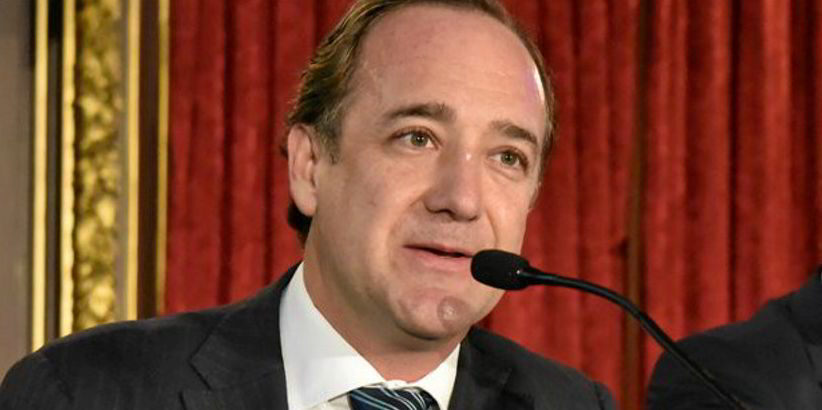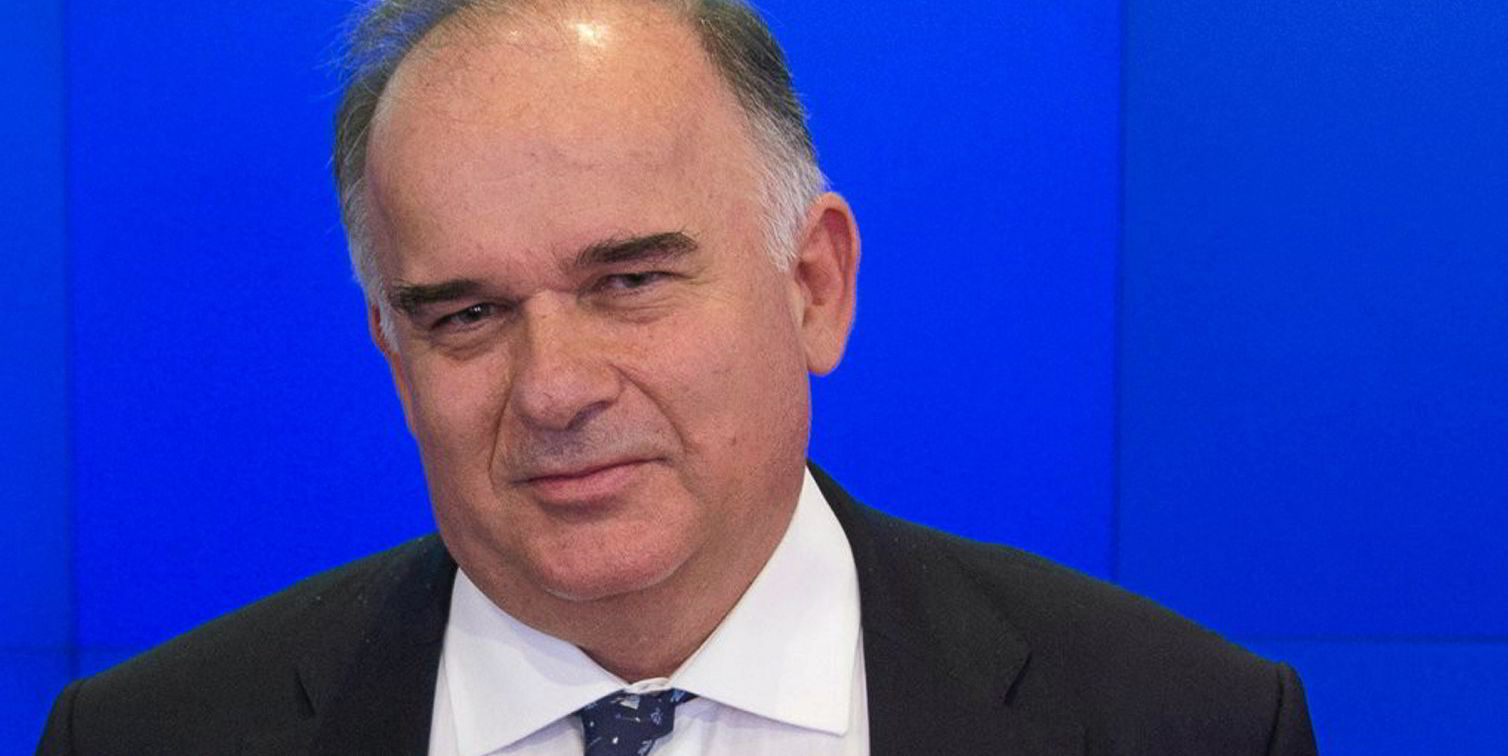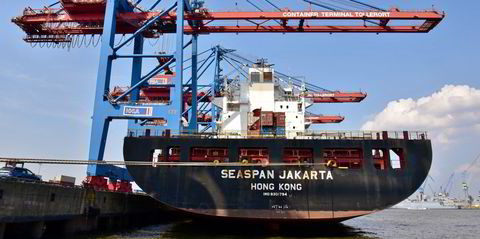The partial exit of private equity funds from shipping could be a major plus for US-listed owners, but concerns remain over what happens next.
That is the view of New York financial lawyers Will Vogel and Steven Hollander of Watson Farley & Williams.
Partner Vogel — an expert in capital markets and mergers — told TradeWinds there has long been talk of the so-called Prexit: “Everyone has been waiting to see when and if this can happen.”
Private equity funds usually have a five-year investment window, but have been hanging on longer in shipping.
But now things are beginning to shift, with Kelso & Co partially exiting Global Ship Lease and, as TradeWinds reported, Oaktree Capital Management reducing its holdings in Star Bulk Carriers and Eagle Bulk Shipping.
Speculation
“There’s been a lot of speculation, but the fact it’s happening now, at least partially, isn’t really a surprise, if prices are up,” Vogel said.
“An interesting question is how much are they taking off the table now and how much they are waiting to liquidate later, if they think the prices are going to rise.”
Vogel believes further disposals depend on whether the rally in bulker and boxship markets is sustainable, but could also be a question of trading liquidity in the stocks.
Hollander said there are a lot of factors the funds will not publicly announce when selling.
“All you see is the filings,” he said. “How the stew is made in the background is not necessarily disclosed in the finished product.”
Funds have to monetise holdings for their investors, so it is always a case of when and not if they sell, Hollander believes: “They perceive it to be the right time, at least partially. In two years from now, if the rates have doubled and stock prices have gone up accordingly, they’re going to say, ‘That was a horrible time to exit’.”
The recent sell-offs could also have been spurred by bulker markets recovering from low points with owners now making a profit, when in the past earnings had not covered operating expenses.
Vogel said: “It has been interesting to see that private equity funds have been able to be as opportunistic and patient as they have. There was anticipation they’ve got a five-year timeline and they might have to exit in a disorderly way, but that hasn’t been happening.”
The lawyer added that there has been no “rush to the doors”.
The concern over the years is that there has not been enough liquidity in public shipping companies for these big holdings to be liquidated.
For shipowners to attract institutional investors of any kind, they need a larger float, Vogel argued.
But there has been increased retail interest in US shipping of late. “There’s a silver lining in the exit for these [shipping] companies because it was perceived that these large blocks of stock were going to be sold,” Vogel explained.
This overhang may have made new investors wary of coming in because they were worried that 30% of the shares were going to be sold, depressing the price.
“Getting rid of that overhang is a benefit to the issuers, if it goes to smaller shareholders. There is more liquidity, which will help the share price and help raise capital in the future,” Vogel said.
Private equity funds often have shareholder agreements in place and seats on the board.
“If you get rid of that, you don’t have that insider shareholder. Some funds may move in and out, and that changes the way that company operates in some ways,” Vogel said, and there can be subsequent difficulties in obtaining quorums in meetings.
He also speculated that with increased liquidity and no major shareholders, there is the possibility of shareholder activism or companies taking a significant stake as a toehold investment towards an acquisition. This has been seen in shipping with John Fredriksen going after DHT Holdings, and BW Group pursuing Dorian LPG.
“Companies should be cognisant of this and anticipate it to the extent they can, and structure corporate governance accordingly,” Vogel advised.
The lawyers said there is not much evidence yet of investor activism on issues such as climate change within shipping, but recent action by ExxonMobil minority shareholders points to the way things could go for the industry.










